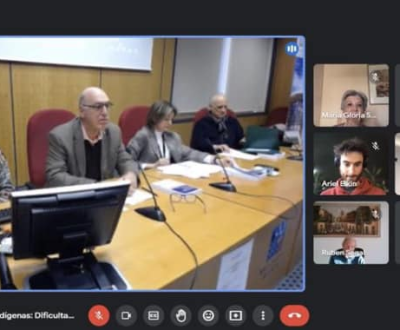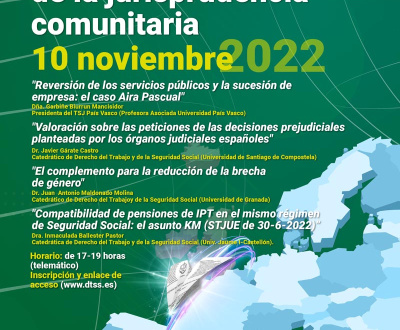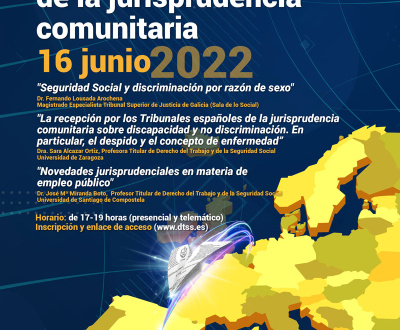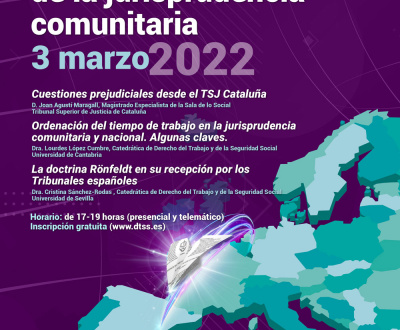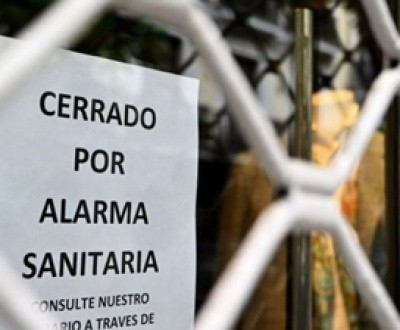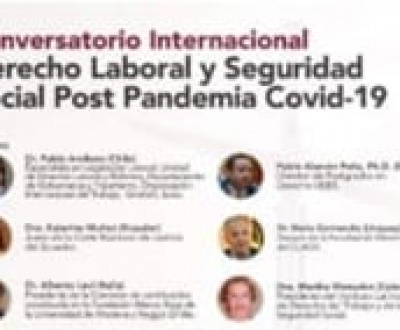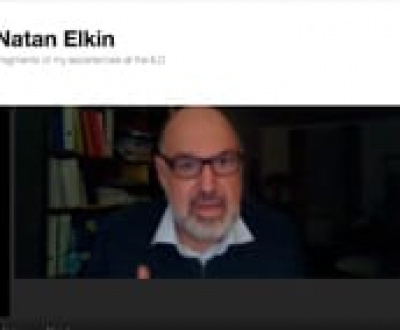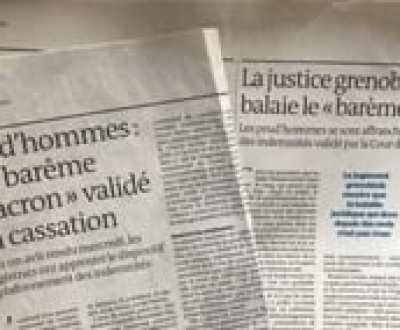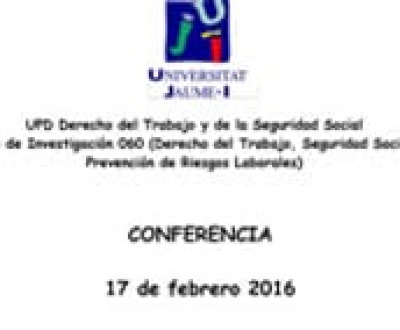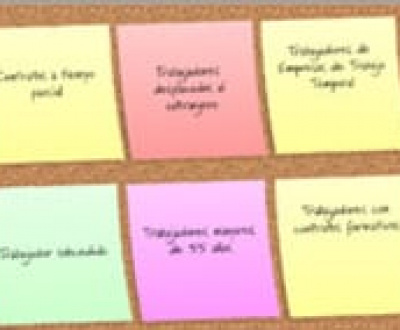Newar people (Nepal): a claim – dismissed – on Convention No. 169
The Nepal Telecom Employees ‘Union, which is identified by its acronym in English – NTEU (Nepal Telecom Employees’ Union), filed a claim on January 25, 2018 alleging that «a project to expand the road network carried out by the Government of Nepal in the Kathmandu Valley had led to the forcible displacement of the population and the demolition of homes and the outstanding cultural heritage of the Newar people ”. The NTEU added that the Government “had not held consultations with the Newar people regarding the project to expand the road network; that it had not carried out social and environmental impact assessments; and that he had not complied with the legal procedures for the expropriation and demolition of houses ”.
This is the first complaint procedure on Convention No. 169 resolved according to the criteria introduced by the Governing Body at the end of 2018. Shortly after modifying the criteria that governed the complaint procedure established in articles 24 and 25 of the ILO Constitution, the Centenary of the Organization and a & nbsp; ILO Centennial Declaration would be adopted for the Future of Work . The Declaration, among other things, states that the Organization should have and promote a strong, clearly defined and up-to-date body of international labor standards and “continue to increase transparency” and that there should be “recognized and effective control” over ratified conventions ( Part IV, paragraph A, page 8 ).
This short note analyzes the report that appeared on the ILO website on March 24, 2021, giving an account of the results of the complaint regarding the application of Convention No. 169 in Nepal. It seeks to elucidate whether the procedure followed has allowed the Organization to continue to «increase transparency» and exercise «recognized and effective control» of Convention No. 169 in the Kathmandu Valley.
All available information can be found in document GB.341 / INS / 13/4 which contains the report of the tripartite committee.
The claim presented by the NTEU union in January 2018
In compliance with the constitutional mandate, in June 2018, at its 333rd meeting, the Board of Directors accepted the admissibility of the claim presented by the NTEU and constituted a tripartite committee. In accordance with the procedure applicable upon receipt of the communication from the union, from the moment the Governing Body had accepted the admissibility of a claim, the Office should have asked the Government of Nepal to explain its position regarding the alleged breach of Convention No. . 169.
Given that all the formal requirements to proceed with the claim had been met, according to Article 24 of the ILO Constitution, the interested government should be invited to make its own observations known and to inform the tripartite committee the corresponding documentation (communication from the NTEU and response from the Government), in June 2018. The whole rationale of the mechanism established in 1919 and developed until 2019, lies in entering into a dialogue with the two parties involved, obtaining a response from the accused governments and present a balanced tripartite report.
However, the secretariat let 2018 pass without doing anything in the file. Only in January 2019, one year after receiving the NTEU’s communication, the Office informed the parties that, at its 334th Session (October-November 2018), the Governing Body had adopted new measures regarding the operation of the complaints submission procedure that gives preference to resorting to a voluntary conciliation process (paragraph 4 of the document).
As you will quickly see, this option favored the Government of Nepal, which did not have to give any explanation to the ILO about the difficulties alleged by the Newar communities, in January 2018.
Apparently, the parties expressed their willingness to initiate a voluntary conciliation process, without it being possible to determine how they conveyed that intention to the ILO (see the second sentence of paragraph 4).
Even so, in October 2019, the tripartite committee had to ask the Office to request information on the results achieved for the resolution of the conflict since the eventual acceptance of the conciliation: “the tripartite committee asked the parties to indicate if they would agree to enter into conciliation, with an independent conciliator and with the ILO as an observer ”(paragraph 5 of the document).
There are also no elements to know whether the tripartite committee held formal meetings in October or November 2019 to discuss the situation. Nor is it understood what sense or what advantage a voluntary conciliation would have to propose, with its corresponding independent conciliator and the ILO as an observer, in the context of this conflict. Everything allows us to suppose that it was desired to make a procedure designed in the Board of Directors prevail over the specific needs of the parties.
In January 2018, the union and the indigenous community had assessed that the serious circumstances that required drawing the attention of the ILO Governing Body to the breach of Convention No. 169 in Nepal, according to the procedure applicable at the time of filing the claim.
The operation of this tripartite committee has anticipated the effects of the pandemic: it was privileged to keep the ILO’s distance with the Kathmandu authorities and the NTEU. Paragraph 6 of the document begins by stating that… “Based on the information received from the parties regarding the meetings held, the tripartite committee instructed the Office, in June 2020, to ask the Government of Nepal and the complainant organization for information on the new discussions and the results achieved, as well as, in the absence of agreement to continue with the conciliation, updated information for the examination of the claim by the tripartite committee. ”
At that time, two years had elapsed since the declaration of admissibility of the claim. And the first half of the pandemic.
The first two words of paragraph 7 of the report reflect a slip. It is read in Castilian, «finally»; in French, “enfin” and in English “finally”. At least in Spanish, a less emphatic expression would have agreed and say “finally”. The rest of the paragraph goes like this:
Finally, on December 22, 2020, the Office received a communication from the complainant organization informing the ILO Director General of the NTEU’s decision to withdraw the complaint. The NTEU indicated “that the situation has now improved significantly, since most of the displaced have been reasonably compensated and resettled, and that the decisions of the courts have been applied; therefore, the concerns and issues raised in the claim are no longer valid and relevant ”. The NTEU asked the Office to set aside the claim and annul with immediate effect all the procedures that were adopted in this regard.
Without further investigation, the tripartite committee approved the report on February 11, 2021 and the Board of Directors adopted the document on March 24, 2021 (341st meeting). The Board of Directors declared «the claim withdrawn and the case closed.»
The document bears the signatures of a government delegate, Juan Pablo Schaeffer, representative of the Piñera Government in Geneva, with a successful track record in the & nbsp; sector energy in Chile ; from Mr. Fernando Yllanes, the noblest employer in Mexico, and Mary Liew Kiah Eng, General Secretary of the Singapore Maritime Officers Union. & nbsp;
There is no other information on this matter on the ILO website, all the indications are in the & nbsp; document GB.341 / INS / 13/4 & nbsp; containing the report of the tripartite committee.
The claims of the Newar community addressed by the human rights rapporteurs
The construction of the express highway and a business center that includes a Mariott Hotel, managed by an Indian company, was the subject of two communications from the human rights rapporteurs to the Nepalese authorities.
The first communication , dated August 14, 2017, signed by three rapporteurs on rights human rights (cultural rights, indigenous peoples and internally displaced persons) invited the Nepalese Government to rule on the following allegations: “ the alleged forced eviction, internal displacement, destruction of cultural property, and lack of consultation and free, prior informed consent of the Newar peoples due to the ongoing Kathmandu Valley Road Improvement Project ”. The text of the communication can be consulted at the following link: Internal Communication Clearance Form (ohchr.org) . The Nepalese government did not follow up on this request for information.
The second communication , dated March 30, 2021, signed by four other rapporteurs on Human Rights expanded on the previous presentation and expressed concern about… “ alleged violations of the rights of indigenous Newar peoples over their lands, resources and over the loss of religious and cultural sites. & nbsp; The Newars are facing threats of forced evictions and displacement due to the construction of the Terai / Madhesh FastTrack Expressway and the construction of the Chhaya Center business complex in the tourism district of Thamel in Kathmandu. According to information received, the complex includes an Aloft Marriott hotel, company whose headquarters are domiciled in the USA. Delays in administrative and judicial proceedings to formally recognize the land rights of the Newars pose further threats of irreparable harm to their way of life. Constructions have occurred in the absence of consultation with the affected indigenous peoples who have experienced threats and violence for engaging in peaceful protests against the projects. & Nbsp; The text of the communication can be consulted at the following link: DownLoadPublicCommunicationFile (ohchr.org) .
Unlike the correspondence of 2017, the Nepalese government agreed to give its version of the situation. The Government’s response, dated May 31, 2021, can be found at the following link: https: // spcommreports.ohchr.org/TMResultsBase/DownLoadFile?gId=36171
The documentation presented by the rapporteurs and the government response reflect the seriousness of the concerns of the Newar community regarding the application of Convention No. 169 in Nepal. However, the discussion is moving away from the ILO and will continue its course in the Human Rights Council.
Conclusion
Nepal is the only country in Asia that has ratified Convention No. 169. Faced with the complaint of a union concerned about respecting the rights of the Newar people, the ILO chose to avoid exercising effective control of compliance with Convention No. 169. In this way, human rights mechanisms gain more prominence and the ILO loses its credibility on indigenous issues.


